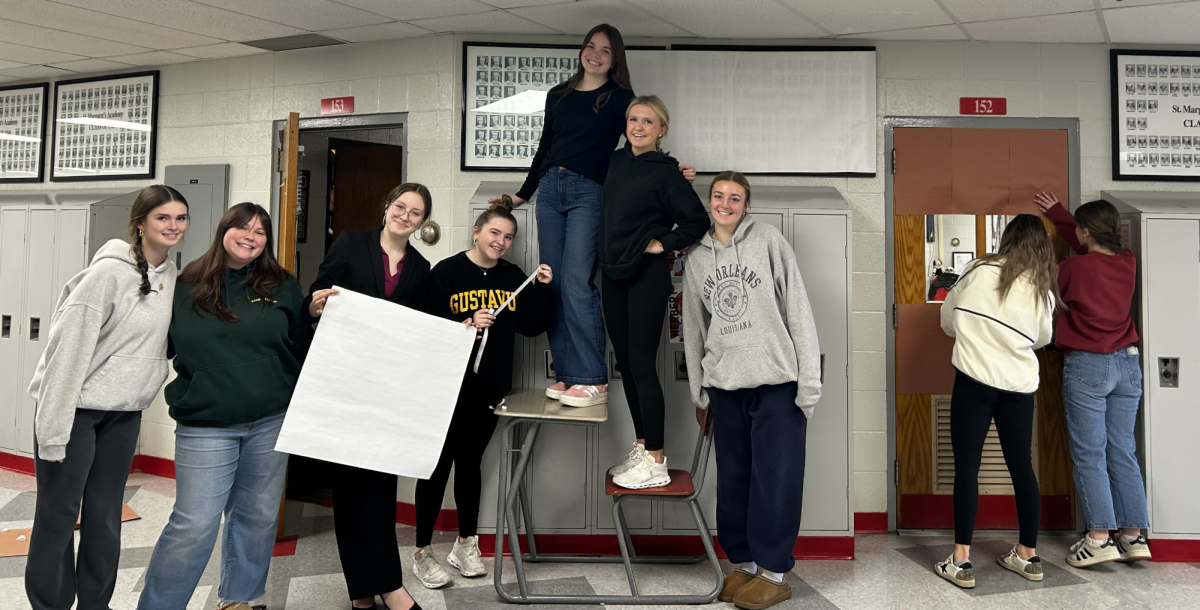Lack of religion contributes to societal violence
The increase in mass shooting is strongly correlated with the fading religious influence on society.
Bobak Ha'Eri, via Wikimedia Commons, Creative Commons
Churches have a declining influence in modern society.
The highest aim of civilization is to ensure the preservation of its people’s lives. The continued development of America’s mass shooting epidemic, reflected in the tragedies of Las Vegas and New Mexico, warrants an investigation of the causes of this evil. Ultimately, the root of this problem extends beyond the material alone. While guns enable mass shootings, they do not promote them. The initial cause of a mass shooting, the motivator, is the separation of a person from their sense of morality, allowing them to harm others without any regard for the consequences of their action. Ultimately, the substantial increase in mass shooting tragedies is caused by the corrosion of morality at the hands of a declining American culture. This decline is most evident in the developing trend of fading religious influence on society.
There is a strong correlation between the loss of religion in the United States and increased mass shootings. In the same time period that the number of people practicing religion has dropped within the United States, the number of severe mass shootings has increased significantly with each decade. However, this relationship extends beyond a correlation alone; causation is also sensible. Historically, while religious differences have often caused violence between cultures, religious homogeneity has created stability within a culture. Throughout European history, Christianity served as the foundation of society, justifying the authority of kings to rule and organizing the schedule of all of society around masses and religious holidays. Some would fear excessive application of religion to the modern society on the basis of its greatest past failures such as the Crusades, but I respond that human progress has largely mitigated the influence of religious extremism in the western hemisphere. With a developed understanding of human rights in the west, predominantly western religions such as Christianity have not waged war based on their theologic claim to power for centuries. In the context of the current world, society can access the benefits of religious homogeneity to societal stability more reliably than ever.
While many would like to dismiss this history in the face of new applications of logic and science to society, the weight of thousands of years cannot be dismissed like a grain of salt. We must not overlook the fact that, in shifting from religion, we enact tremendous change to the structure of our society. Centralized communities no longer meet and celebrate the same religious events every week. People no longer acknowledge a consistent set of moral truths. There are clear societal harms to these changes. Without a close, defined community, people are susceptible to anxiety and isolation. Without defined moral standards, people fall easily to evil, nihilistic values. These concerns are not speculative alone. When we look closely at the lives of mass shooters like Stephen Paddock and Nathaniel Jouett, we see individuals corrupted by feelings of isolation and anger that could have been remedied should our society have maintained the benefits of its religious structure. America’s trending shift away from its religious values is a tremendous change, and in reflection of these recent events, it is one of reckless detriment.
I would like to clarify that I do not see the loss of religion as the sole cause of mass shootings, and do not feel that a complete restoration of past religious values is the only step that should be taken to halt further tragedy. This is a nuanced issue exacerbated on a variety of fronts, including the excessive availability of semi-automatic weapons. However, I do feel that consistent moral standards, often established by religious tradition, serve to better the character of the majority of a society, and therefore play an important role in mitigating mass shootings.
If America seeks to address its gun violence problem, it must do so not only by reducing the capability of the corrupt to harm others, but also by combatting their motive to do so. In this process, we must be precautious and look to the ultimately altruistic values of most religions in order to dispel potential extremism. Should religion be properly implemented into society, we can now be met with the best of two worlds: the careful dedication to moral standards of traditional religion, and the stronger respect for all human dignity of the modern western world.










































